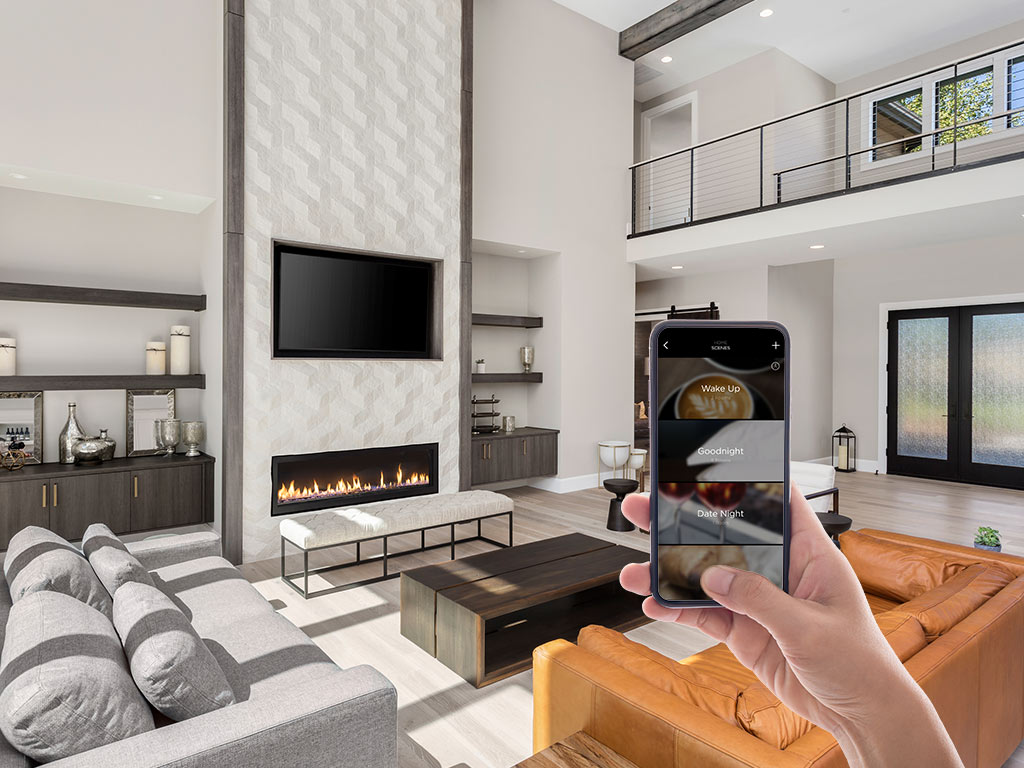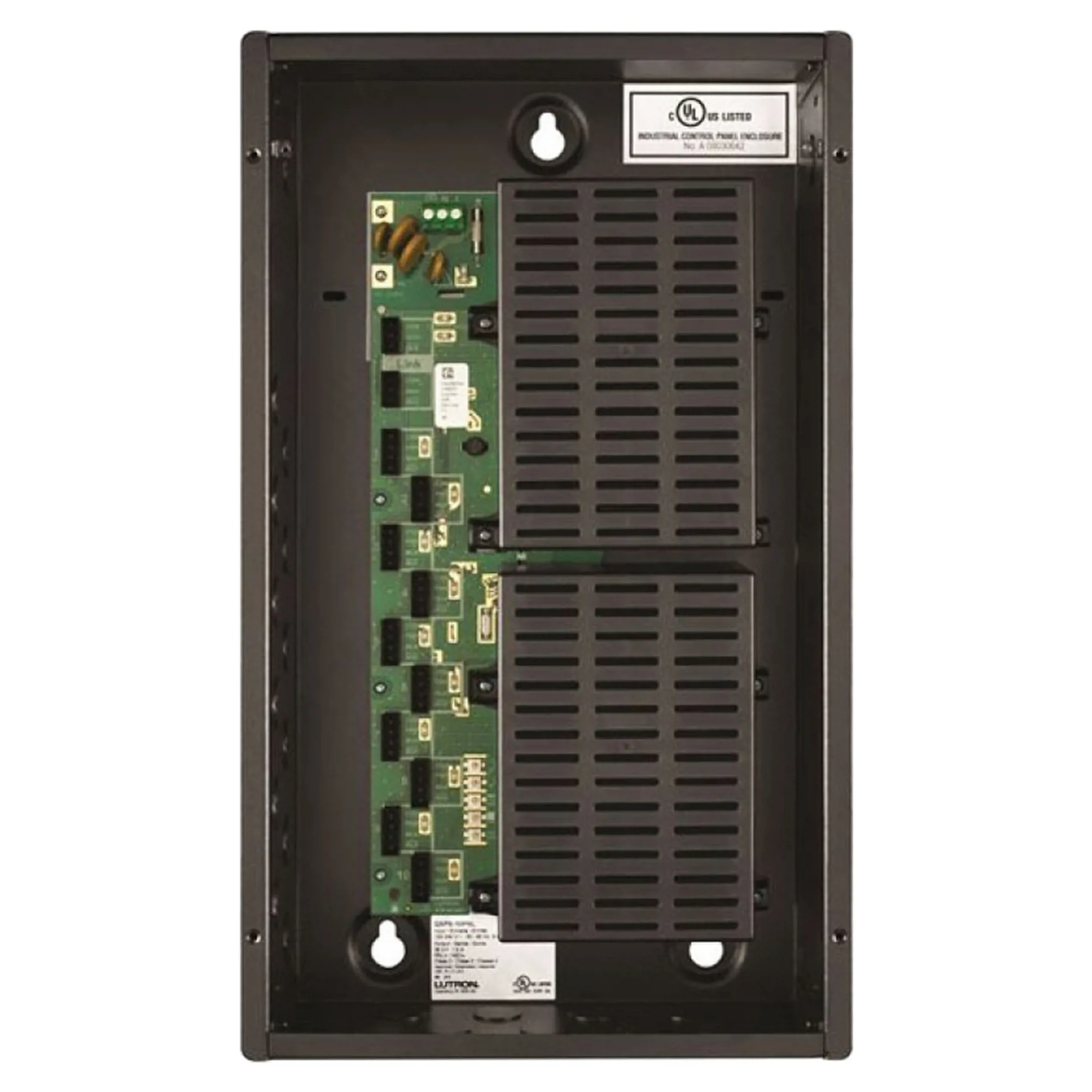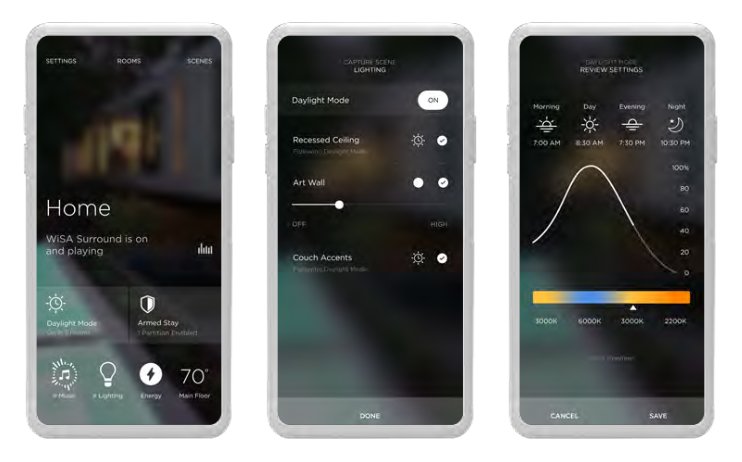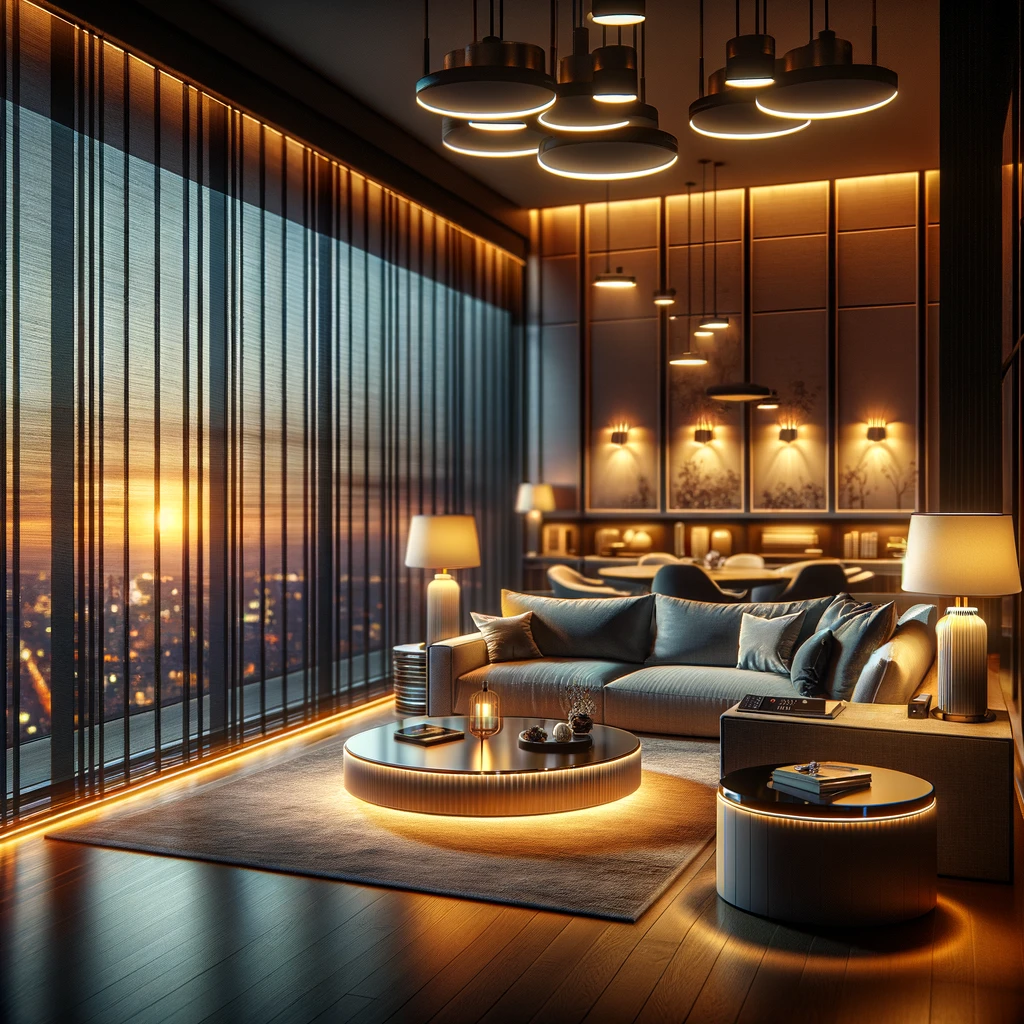Smart home technology’s usefulness depends on the quality of the integration. How are the devices connected, what is being used, and how is it all integrated?
Only a few years ago, the mere concept of being able to command your lights, A/C, and security from your phone would have been unimaginable. But now, the smart home technology era has arrived as people look for ways to make home living a little bit easier.
New developments in AI-type products such as Amazon Alexa and Google Home have been able to show everyone the wonders of owning a smart home. The devices are extremely accessible, need minimal setup, and bring significant integration capabilities. Their ease of use and price have helped people become more familiar with integration devices.
The groundwork for more widespread home integration has been set. It’s not too difficult to understand how turning off multiple lamps in your living room in a single action could be satisfying.
Check out some of our predictions for the future of smart home technology in 2020 and beyond.
1. Smart Kitchens
One of the most central elements of our lives is our kitchens. For now, the refrigerator has been the focus of integration companies. They’ve packed them with tons of extra features, including:
• Reading recipes to you while you cook.
• Setting specific meal schedules for individual family members.
• Sync and record your grocery lists with your phone.
• Inspect your items without opening your fridge.
• Notify you when the water filter needs a replacement.
• Alert you if food has expired.
As time goes on, more appliances will offer integrated features that will make your kitchen experience smoother than ever before. Soon you may be able to begin dinner preparations before you even leave your workplace.
2. Smart Bedrooms
We all feel better after a good night’s rest, which is why upgrading your bedroom could vastly improve your sleep and even your health. Companies have been developing smart bedroom technologies such as the Jupiter mattress from Eight Sleep which controls the bed temperature, monitors sleep patterns, and can be set to wake you up based on user preferences. Sleep better with sleep tracking apps or a smart aromatherapy alarm clock which can wake you up with your favorite scents to help you feel more rested and rejuvenated.
3. Smart Bathrooms
Although not yet mainstream, we expect that within a few years, spa-like experiences will be available within most bathrooms. Getting your bath ready will be as easy as choosing your setting or giving your digital assistant a command. Your smart bath could even be able to release relaxing aromas to help you de-stress after a long day at work.
4. Smart Living Rooms
Soon enough, sitting in front of your TV will be a vastly different experience than it is today. Your television set will no longer be a visible piece of furniture, rather, with a simple command, a high-resolution projector will provide you with the highest quality media of your life. Then again, others will argue that virtual reality is the true future of the entertainment industry, ending the need for a physical TV.
If you’re looking to get started on your smart living room, consider a smart lighting system with an integrated media center.
5. Smart Business
Although not technically within the scope of smart home technology, smart technology for a business can help in more ways than you would think by providing benefits to both employees and customers alike. You’d be amazed to see how large of an impact simple changes like smart lighting, temperature, and music can have on a working environment.



